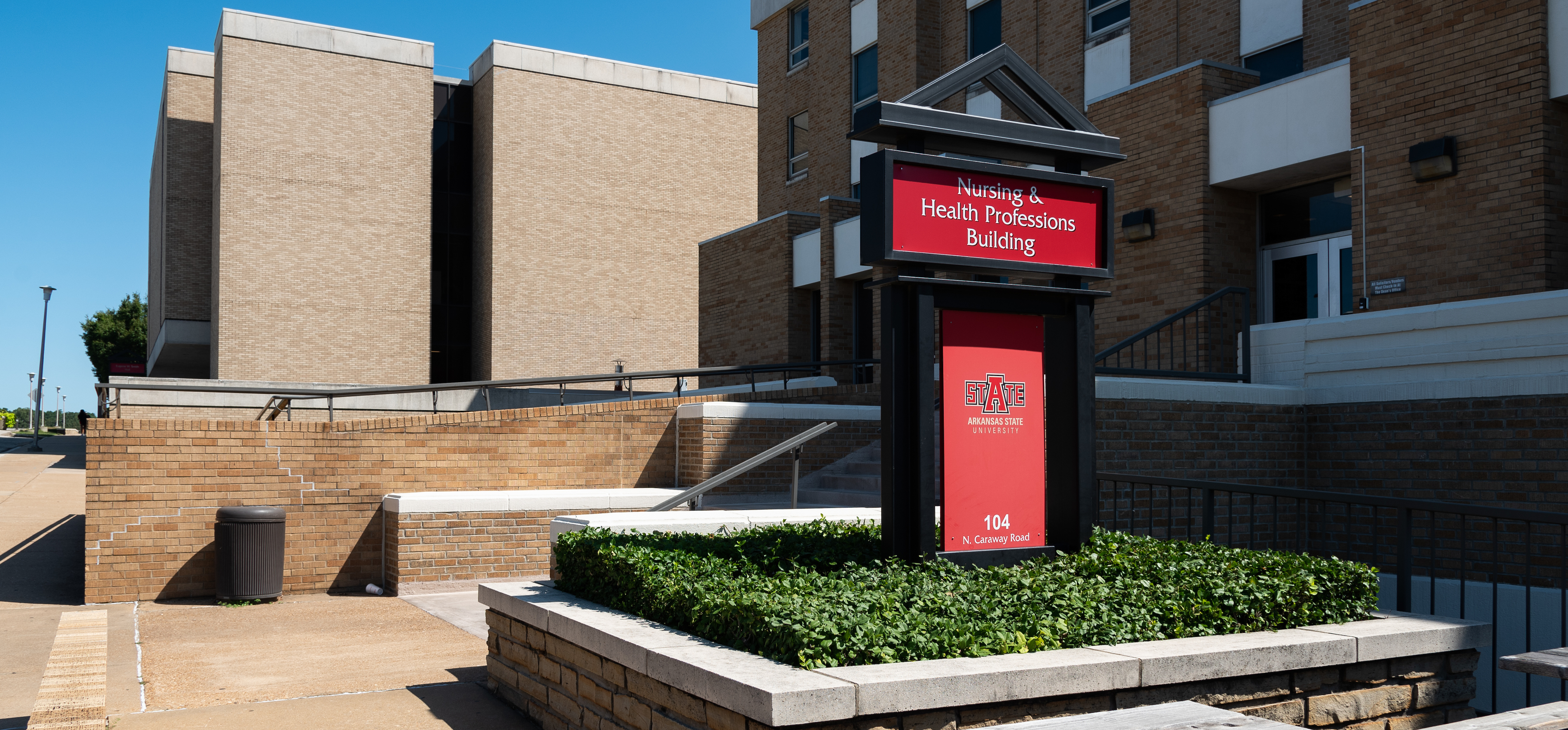Degree Name
Nursing Practice, DNP
Publication Date
8-4-2025
First Advisor
Sandy King
Second Advisor
Beverly Clark
Abstract
Medication errors and adverse drug reactions (ADR) are a significant source of preventable harm in healthcare, and failure to complete proper medication reconciliation is a contributing factor. Despite multiple interventions aimed at addressing this issue, no standardized plan has been implemented universally. Outpatient urgent care sites pose as high-risk environments for failed medication reconciliations due to the nature of the setting, but staff are in prime positions to adjust this culture. This project aimed to enhance staff self-efficacy in medication reconciliation over four weeks through an evidence-based educational program, with the goal of improving patient safety and outcomes. Using a quasi-experimental pre-post design with staff confidence and knowledge scores, the principal investigator (PI) assessed the impact of medication reconciliation education on the participants. The data were analyzed using inferential statistics and parametric test, yielding a surprising statistical result. Though lacking statistical strength, clinical significance of this project highlights the importance of reformed medication reconciliation education to support staff members’ compliance and to reduce unnecessary risks to patients. Persistent education as well as organizational support are necessary to sustain these practices and promote continued research on the topic.
Rights Management

This work is licensed under a Creative Commons Attribution-NonCommercial 4.0 International License
Recommended Citation
Combs, Jana M., "Quality Improvement Project Improving Self-Efficacy Among Urgent Care Staff through Medication Reconciliation Education" (2025). Doctor of Nursing Practice Projects. 149.
https://arch.astate.edu/dnp-projects/149


